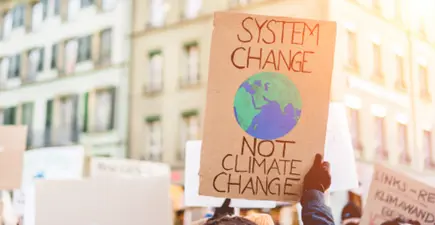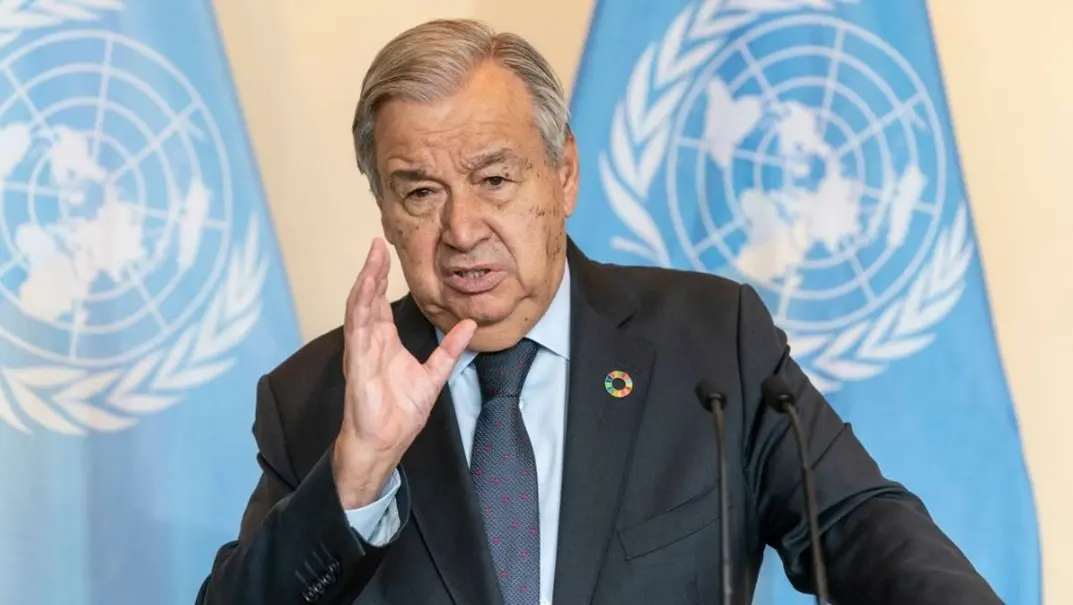28 Mar 2023
The Degrowth Movement: A Shaky Path from Discourse to Policy
As the world struggles to confront the increasingly complex social and environmental challenges, alternative socioeconomic systems and concepts such as degrowth have been regaining traction. Degrowth is an economic theory and social movement that aims to reduce environmental degradation and social inequality through reducing consumption, production and population growth. Although it can be traced back to the 1970s, the degrowth movement has since struggled to become politically acceptable despite critiques to economic growth becoming more commonplace. Still, its advocates persist in their arguments and continue to warn about the dangers of unlimited economic growth. The question is, is degrowth on the rise or will it continue to be a marginalized movement? And if so, why is it struggling to prove its validity? Finally, is there any reason to consider its proposals viable and what could be the implications of dismissing it altogether?
8 Feb 2023
Racing Against Time: Climate Action in Crisis
Climate change is a global reality that is growing more urgent by the minute, particularly for developing countries which research has shown are the most affected and expected to continue being the most affected by climate change. Globally, the last eight years have been the warmest on record with parts of the world experiencing unprecedented summer temperatures and prolonged heatwaves. Nearing the end of 2022, a consortium of international organizations issued a statement about the severity of the longest drought in the history of Horn of Africa which is creating a rapidly deteriorating food security crisis in Somalia, Kenya and Ethiopia. The world is also witnessing a higher frequency of natural disasters such as the extreme rainfall and flooding that had a devastating impact on countries such as Pakistan where 33 million people were displaced. Pakistan, which is responsible for less than 1% of global greenhouse gas emissions, now has to spend an estimated $16 billion on reconstruction, half of which have been pledged by foreign donors.
The reality that many of the countries with the lowest carbon emissions are now facing the highest level of vulnerability makes the climate issue global not only in it terms of impact but also in terms of responsibility and action. Accordingly, plans to alleviate and reverse the effects of climate change are already underway and being led by developed nations who have the capacity to adapt and provide assistance to developing nations through climate finance. However, as climate change and its effects accelerate and targets are repeatedly missed, it has become necessary to reevaluate the effectiveness of the current course of climate action to identify the most significant hindering factors.

